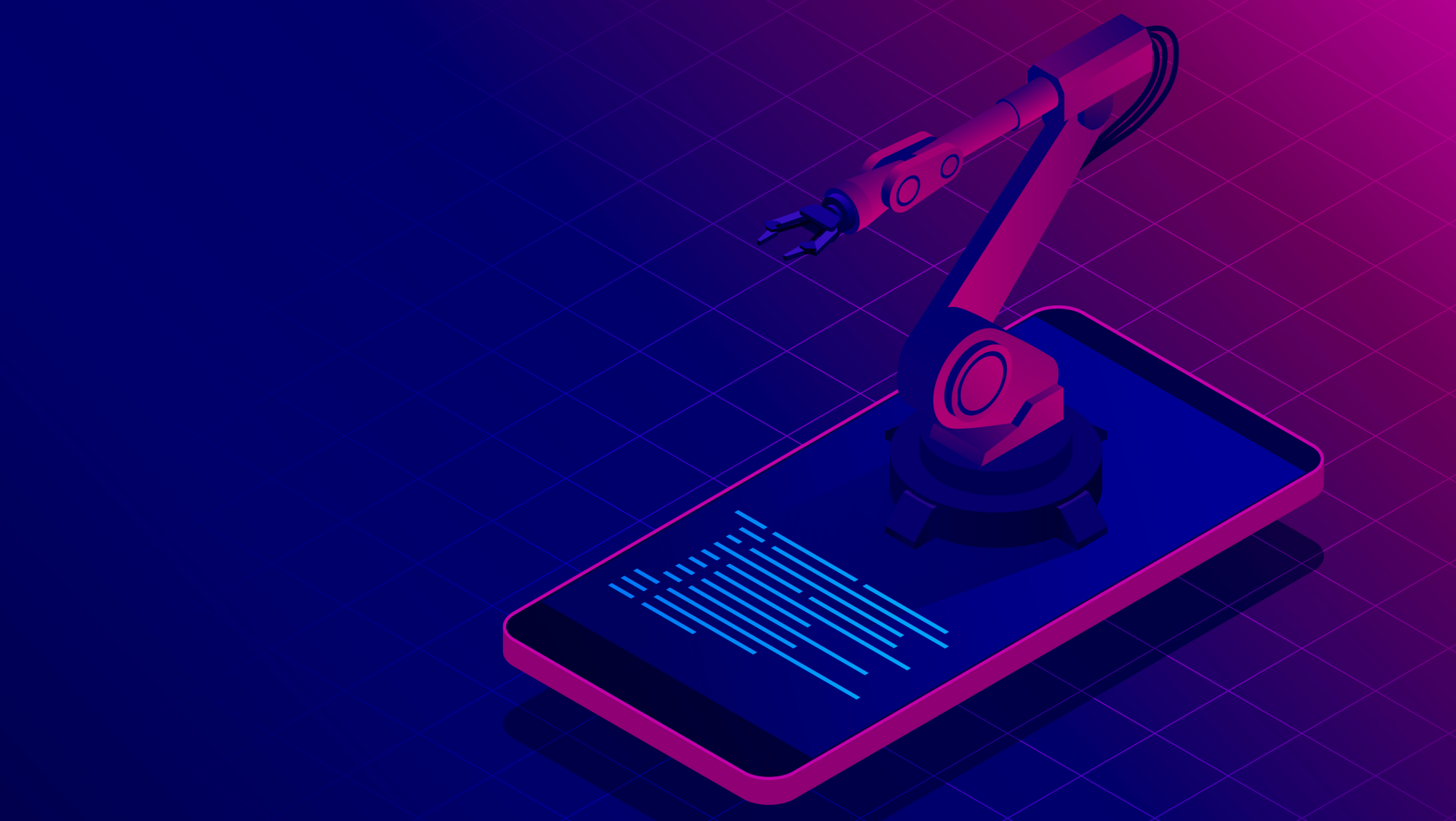If you have remote employees out in the field, it's more important than ever to ensure their cyber safety. From device management to data-level access policies, Microsoft 365 makes it easy to do so. In this webinar Jeffery Lauria, iCorps Vice President of Technologies, and Doug Bosley, Director of Business Development, discuss enterprise security tools within Microsoft Azure and Teams.
Watch Our Webinar to Learn More About Securing Remote Workers with Microsoft 365:
Webinar Highlights: Top Security Features for Field Workers
When your employees work in the field, security vulnerabilities arise for a number of reasons. Employees can be using unvetted or personal mobile devices. They may be sharing files without data-level security restrictions or effective version control. Third-party apps may have undue access to sensitive or co-mingled company data. However, if your business is using or migrating to Microsoft 365, the platform has security tools to address all these concerns:
-
Windows Virtual Desktop
-
This virtual desktop allows employees to access their applications and files anywhere, on any device.
-
-
Microsoft Defender
-
This is built into Windows 10 and provides a central console through which to monitor anti-virus and anti-malware efforts.
-
-
Azure Information Protection
-
Allows your IT team to put restrictions on data, to prevent loss or leakage. For example, if a user flags an email "internal only", this prevents forwarding outside your organization or copying/pasting of the content.
-
-
Conditional Access
-
Your IT team can set specific policies and thresholds for user access. For example, if they are attempting to access documents while in the office, they will not be required to provide supplemental information via multi-factor authentication. If, however, they are meeting with prospects in a new geographic location, they would be required to complete MFA. These predefined, trusted settings are one of the most effective means of protecting your business data.
-
Remember Employee Security Best Practices
One of the most effective ways to keep your field workers safe is by prioritizing cybersecurity education. Keep them informed over company-wide Teams channels, shared intranets, or regular email updates. It is also important during this time to implement security best practices, such as:
-
Layered MFA and identity management
-
Endpoint management solutions such as InTune
-
Verify suspicious emails, and avoiding links or attachments
-
Isolate personal computers from company networks via virtual workstations
For more information about implementing any of the above remote solutions, please reach out to iCorps for a free consultation.


![[RESOURCE CENTER] iCorps Remote Employee Resource Center](https://blog.icorps.com/hs-fs/hubfs/social-suggested-images/www.icorps.comhubfssocial-suggested-imagesRemote-Employee-Work-Resource-Center2.png?width=567&name=www.icorps.comhubfssocial-suggested-imagesRemote-Employee-Work-Resource-Center2.png)



